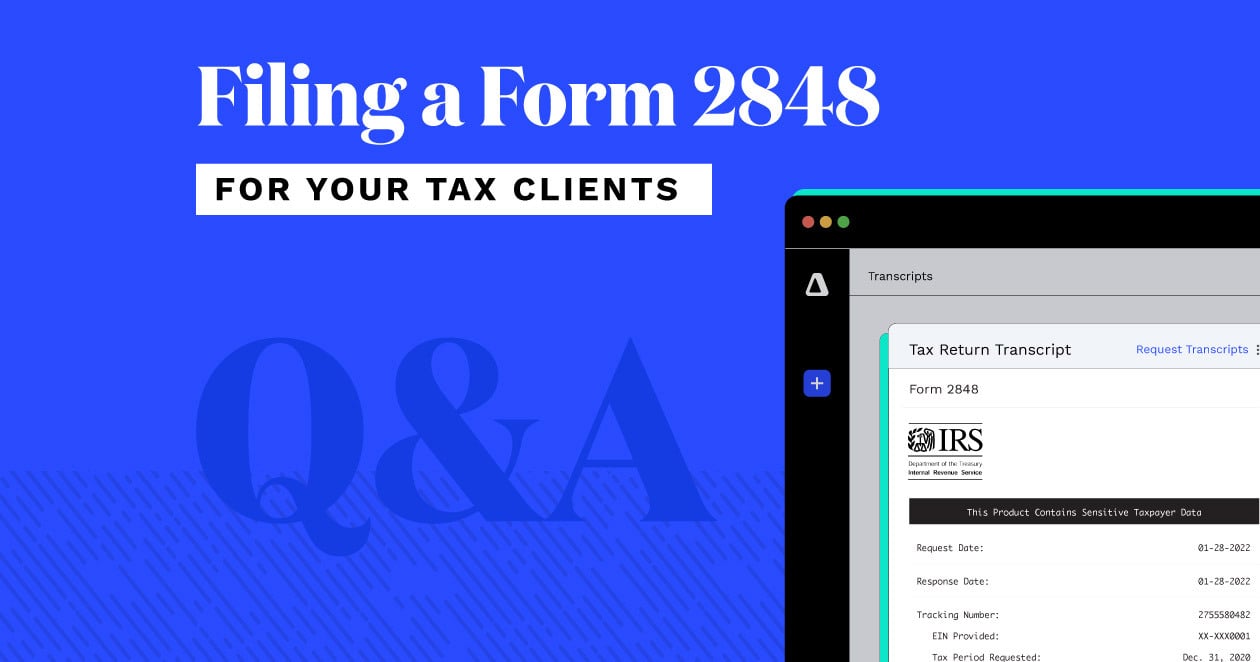In January 2009, a new peer-to-peer currency was created by the name of “Bitcoin.” It's a digital payment system where transactions and payments take place between users directly, with no middle man. While bitcoins are not considered legal tender, they are still accepted as digital currency and recognized by the IRS. Since the popularity of this currency has risen, many tax implications have surfaced as the IRS attempts to regulate it. The IRS released its official tax guidance on bitcoins in 2014.
Helping Clients Who Use Bitcoin
Some of your clients may have bitcoins or may be contemplating buying bitcoins. They will look to you, as their tax professional, to explain the tax liabilities that may be encountered when dealing with bitcoins. We’ve put together a list of common issues that come up when transacting with bitcoins:
- Income earned through exchange of bitcoins is included in gross income. Since they are traded on online marketplaces, bitcoin users can reasonably calculate the value of the bitcoins on the day the transaction occurred. Users should be aware that any income earned from the sale or trade involving bitcoins is considered taxable income and should be reported.
- If your client is an employer paying their employees via bitcoin, all employee earnings must be reported to the IRS. The wages paid via bitcoins are subject to the same withholding standards as wages paid via USD.
- Self-employed taxpayers with bitcoins must report their gains and losses involving bitcoins. They must ensure that their self-employment taxes are paid as well.
- Individuals who “mine” bitcoins use resources to validate bitcoin transactions. Per the IRS, if a taxpayer “mines” bitcoins and earns from that mining, then they must include it in their gross income. Mined coins are considered income and expenses are deducted. Furthermore, if miners sell their bitcoins at a loss, this loss can be declared on their returns.
- It is important to note that the IRS considers bitcoins “intangible property” rather than “currency.” This means that taxpayers holding bitcoins as a capital asset should use capital gain or loss tax treatment. The IRS came to this conclusion based on the fact that Bitcoin is not regulated by any national government, unlike all other traditional currencies.
- If a taxpayer has bought a bitcoin simply as an investment and has not sold it, then they might not need to disclose anything on their return. Each situation depends on the circumstances and should be discussed with a tax professional. If there has been a sale or gain of a bitcoin, that does need to be reported to the IRS.
- If taxpayers need to report gains from receiving or selling bitcoins, the current form they should use is IRS Form 8949.
- The largest bitcoin base is Coinbase, a bitcoin exchange based in the United States. In 2016, the IRS sent a request to the company requesting all records of customers who purchased digital currency from 2013 to 2015. Taxpayers should be aware that the IRS remains vigilant in finding taxpayers that attempt to not comply with the law regarding bitcoins.
Most recently, U.S. lawmakers have urged the IRS to clarify the guidelines they have released on the taxation of bitcoins. This is a continuously changing landscape, so it is important to be aware of these changes so you can keep your clients informed. Familiarize yourself with IRS Notice 2014-21 and keep an eye out for any developing news regarding bitcoin regulation.
Want more tips for helping clients with IRS issues? Check out A Foolproof Guide to Getting Your Offer in Compromise Accepted.








Get Our Latest Updates and News by Subscribing.
Join our email list for offers, and industry leading articles and content.